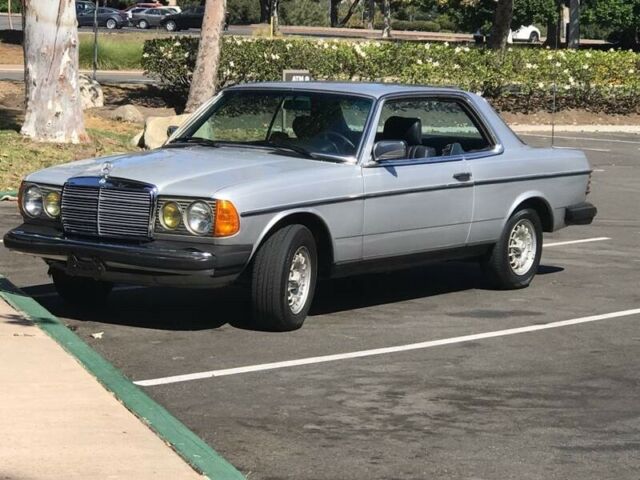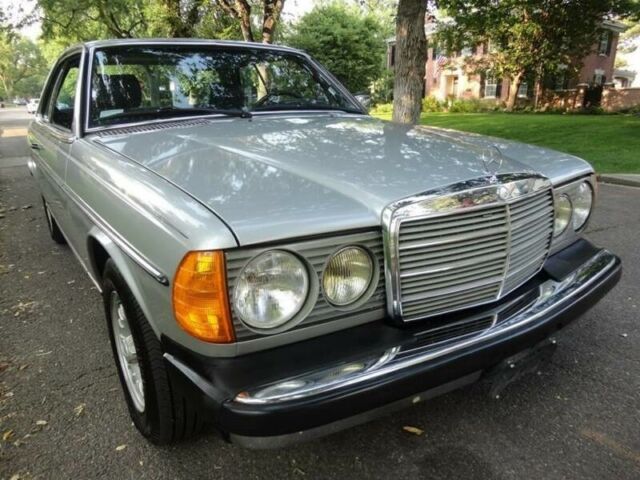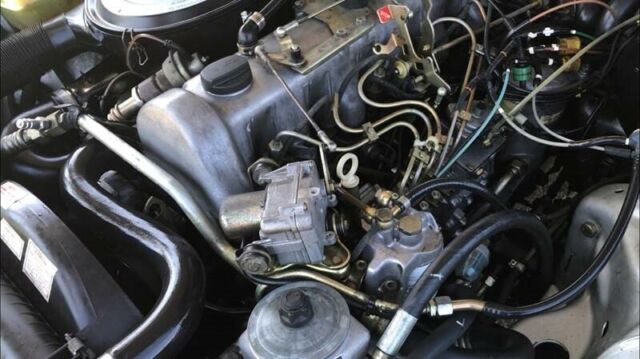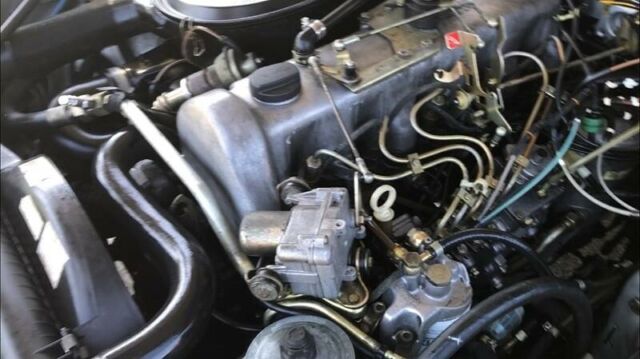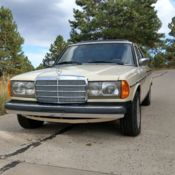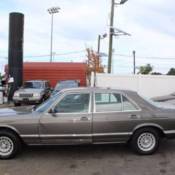Description
As Holiday season starts we like to wrap your gift early by offering X-Mass FREE SHIPPING for limited time only! So let this fine Automobile from exhibition warehouse leave a memorable impression this Holidays. Each one of our collection gets a personalized attention they go through rigorous 50 points inspection then full restoration & detail clean title with 100% buyback warranty, Buy direct & save BIG! our prime (i.e eBay & Amazon) facilitating sight unseen customers to purchase vehicles without the hassle of bait & switch, hidden dealer fees. no high costs of overhead no salesman's commission, 35 years of experience. please visit our web site: for Carfax and professional workaround HD video. Exhibition By appointment only Leo 346-347-5395 Text/Call 12520 Magnolia Ave. Corona CA 92503 In the U.S., the W123 was available in all three body styles, but due to stricter emissions regulations, a limited range of engines. The naming convention was straightforward, with the first two numbers representing displacement in liters and the letters representing body style and fuel. No letters indicate a carbonated engine (i.e., the 230 carried a 2.3-liter inline four available from 1977-78), D for Diesel, E for fuel injection, T for touring or station wagon, and C for coupe. The 300D (3.0-liter inline 5-cylinder diesel) was available with a turbocharger in 1981, and labeled as such. Top of the range was the 280E and 280CE, both of which featured 2.8-liter, inline 4-cylinder, fuel injected engines capable of 142 hp. The W123 platform came equipped with many optional and standard class-leading features. The car was better engineered for crash protection – accomplished with a strengthened passenger cage and reinforced roof. Optional was a safety steering column engineered to crumple rather than enter the cabin in a head-on collision. From 1980 on, the W123 offered optional anti-lock brakes as well as an optional air bag after 1982. The 1982 model year also marked a major facelift for the W123 – all models were equipped with rectangular broadband headlights and power steering was offered standard across the range. When the W123 went out of production in 1986 it had surpassed the Stroke Eight as the bestselling Mercedes-Benz with more than 2.5 million cars sold. Mercedes built the car to last, and many are still on the road today. As a testament to the car’s longevity, it is popular in Africa as a bush taxi, covering thousands of miles of rough roads with only basic maintenance. The 3.0-liter inline 5 diesel in the 300D, while lacking in power, is considered to be one of the most reliable engines ever built. The timeless design is sure to last as long as the car itself, making this car a classic that is here to stay.



